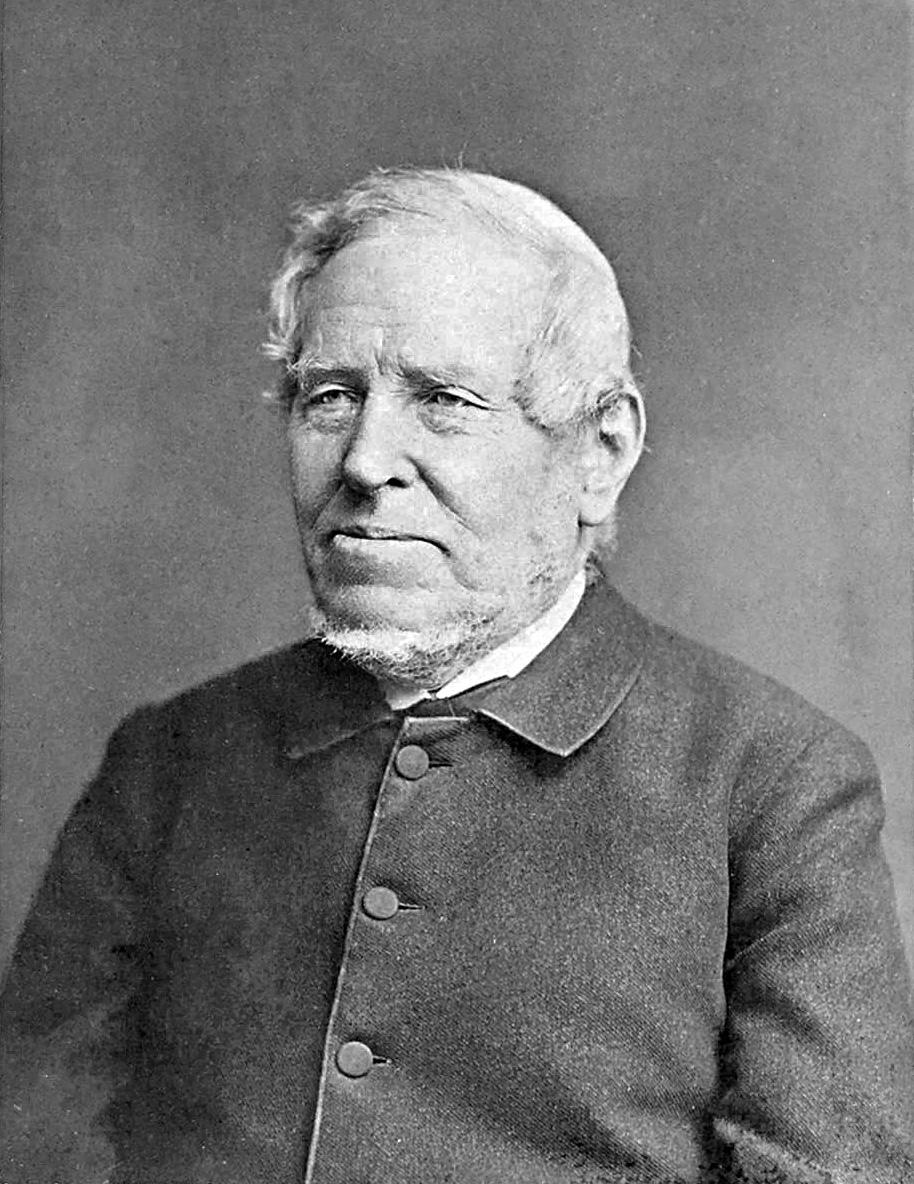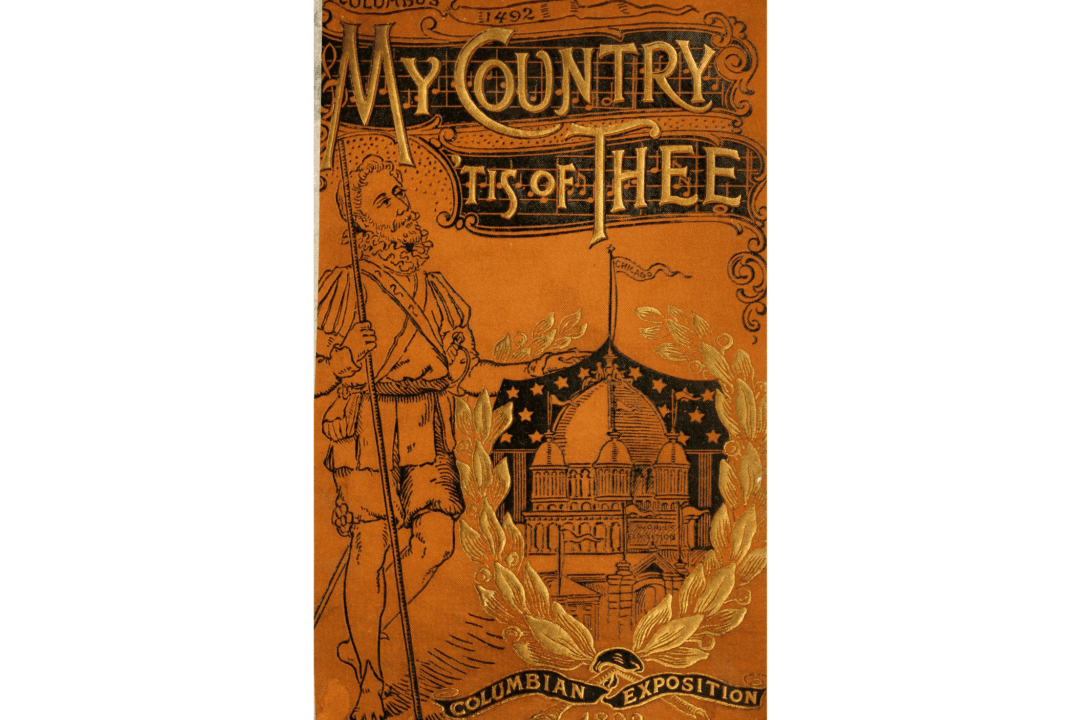Samuel Francis Smith (1808–1895) was born in Boston only a few short years before the start of the War of 1812. He lived during America’s most formative and destructive years, witnessing the nation’s westward expansion, its near collapse with the Civil War, and the age of innovation known as the Gilded Age. While the country maneuvered through its many trials and triumphs, Smith proved a man of unwavering character.

Samuel Francis Smith in a portrait just five years before his death. Public Domain






